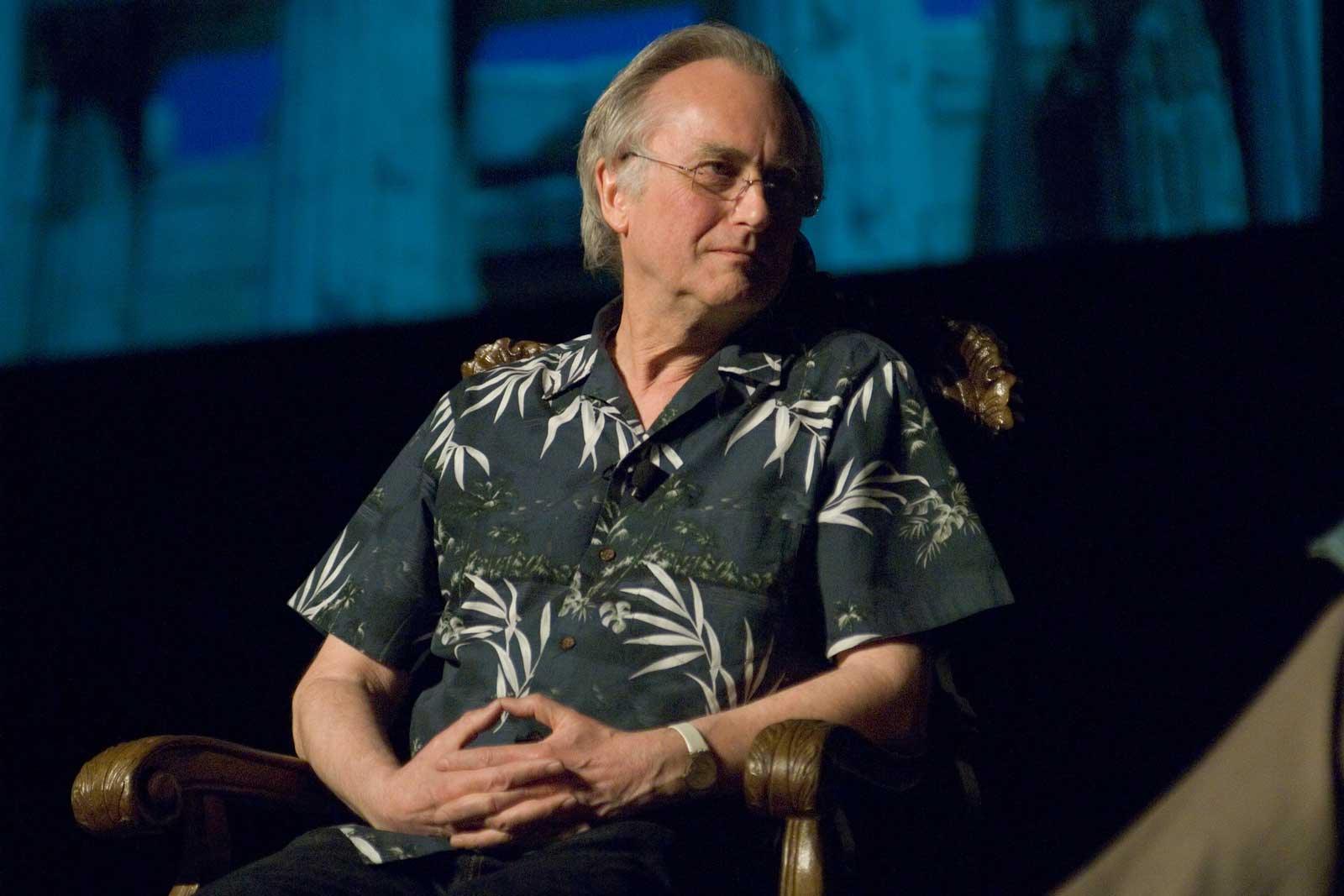The Multiverse Theory Contradicts Occam’s Razor
One explanation for the existence of the universe is the multiverse theory. But further examination reveals that it contradicts the Occam’s razor principle.
Before we begin, we must first define our terms. What is “Occam’s razor” and how does it apply to the multiverse theory? Do these two concepts contradict one another?
What is the Occam’s Razor Principle?
Occam’s razor (Ockham’s razor, Ocham’s razor or law of parsimony) is a problem solving principle coined by the English Franciscan friar William of Ockham. William of Ockham was a philosopher and theologian who lived from around 1287–1347 A.D.
The principle postulates that “entities should not be multiplied without necessity“. In other words, when deducing between multiple hypotheses regarding the same theory, the solution with the least amount of assumptions should be selected. Thus, Occam’s razor is a form of abductive reasoning which can be summed up as:
the simplest solution is most likely the right one
A common and exaggerated example used to illustrate the practical use of Occam’s razor is the leprechaun and the broken vase. If an individual observes a broken vase in a room and makes a supernatural claim that leprechauns were responsible, chances are the hypothesis is faulty. The added complexity of introducing a mythical leprechaun into the hypothesis drastically reduces the chances of it’s validity.
So what does Occam’s razor indicate about the multiverse theory? How does this theory stack up to this problem solving technique? First, let’s define the multiverse theory and and it’s real-world application.
What is the Multiverse Theory?
The “multiverse theory” is a common explanation by atheists and agnostics regarding how our universe came to be. But what is it exactly? Is it a compelling argument? Forbes describes the multiverse theory as:
The Multiverse is the idea that our Universe, and all that’s contained within it, is just one small part of a larger structure. This larger entity encapsulates our observable Universe as a small part of a larger Universe that extends beyond the limits of our observations. That entire structure — the unobservable Universe — may itself be part of a larger spacetime that includes many other, disconnected Universes, which may or may not be similar to the Universe we inhabit.
This theory is a hypothetical explanation for the existence of our universe. It is a common rebuttal to the fine tuning of the universe argument. It provides a possible explanation about how such a precise, intricate and yet harmonious universe could have been created without a creator. As ThoughtCo. states:
One application of the multiverse in modern discourse is a means of invoking the anthropic principle to explain the finely tuned parameters of our own universe without recourse to the need of an intelligent designer.
That being said, how does this theory hold up when compared to the Occam’s razor principle? What does the law of parsimony reveal about this hypothesis? Perhaps juxtaposing the two concepts together will help us gain clarity.
Conclusion: The Leprechaun Who Broke the Vase
The Multiverse Theory Contradicts Occam’s Razor
Upon comparison of the multiverse theory and Occam’s razor, it quickly becomes apparent that the two are contradictory. The fundamental concept of Occam’s razor is that “the simplest solution is most likely the right one“. However as we have seen, there is nothing simple about the multiverse theory.
The multiverse theory relies heavily on other theories and hypotheses. In an attempt to explain away a divine creator, this theory postulates that there are a potentially infinite number of alternate universes. And luckily for us, we find ourselves in one of the universes with the correct tuning and constants for habitable life.
The multiverse theory is based on a series of assumptions. It is a house of cards built upon flimsy and sometimes unprovable hypotheses. Because of this, it is antithetical to Occam’s razor.
The multiverse theory adds layers upon layers of complexity in order to compensate for removing God out of the equation.
Often times we mistake complexity for depth or validity. But just because a concept is enigmatic, does not mean it is true. However these ideas are usually the most alluring.
This hypothesis is infinitely more complex and convoluted than creationism. Creationism offers a simple and concise explanation for how our universe came to be. It has a solid foundation, based on only ONE hypothesis – our universe exists because God created it. According to Occam’s razor, creationism offers a better explanation.
Perhaps the simplest solution IS the right one. Perhaps the multiverse theory is merely the leprechaun who broke the vase.







